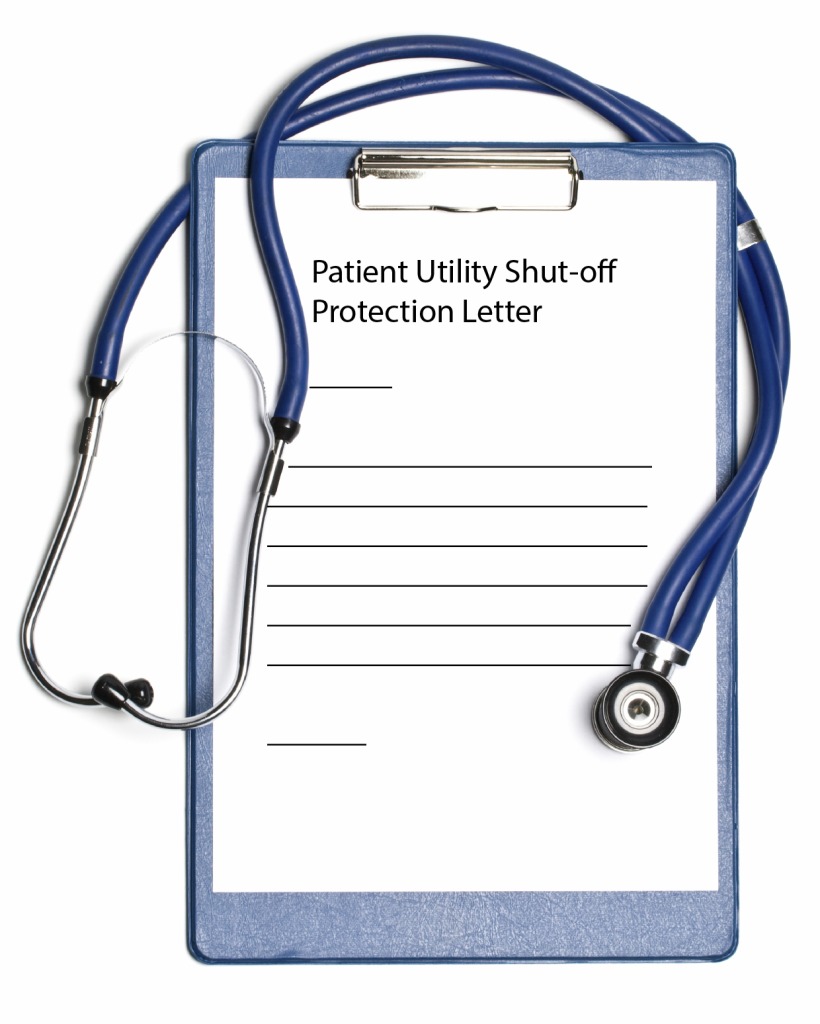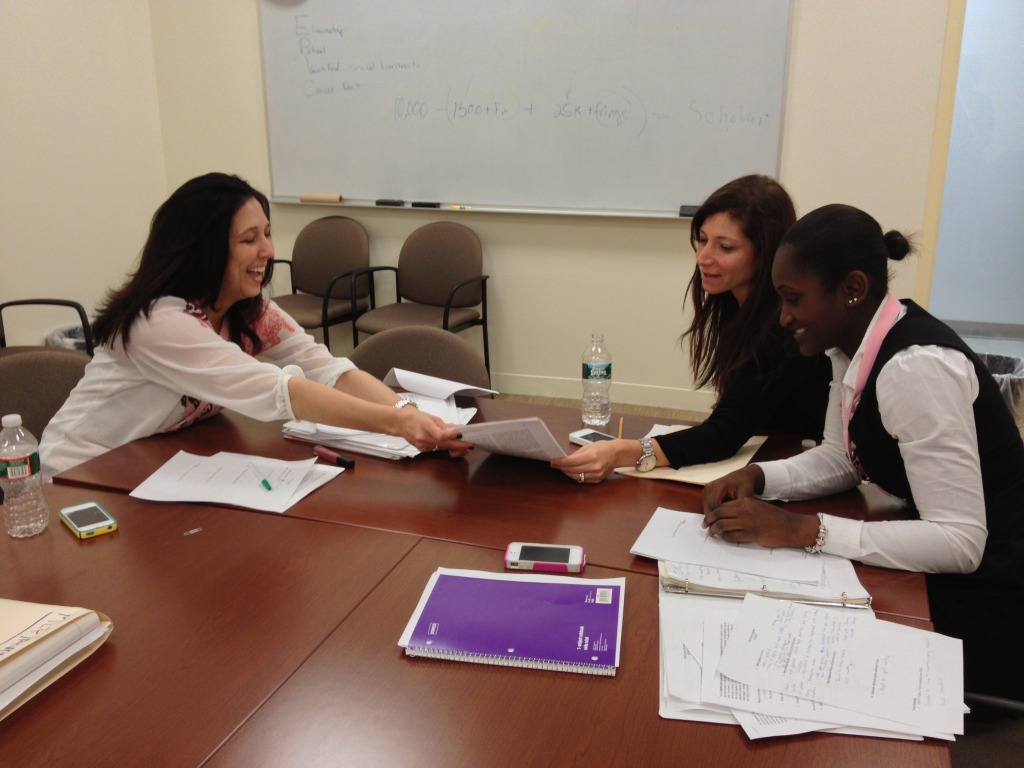What Happened When the Heat Went Off? An MLP Patients-to-Policy Story
 No heat or electricity meant asthma attacks, sickle cell pain, and the inability to refrigerate medicine for thousands of low-income people in Boston who could not afford their high, New England winter utility bills. Together, health care providers and their legal partners at Boston Medical Center got utilities turned back on.
No heat or electricity meant asthma attacks, sickle cell pain, and the inability to refrigerate medicine for thousands of low-income people in Boston who could not afford their high, New England winter utility bills. Together, health care providers and their legal partners at Boston Medical Center got utilities turned back on.




